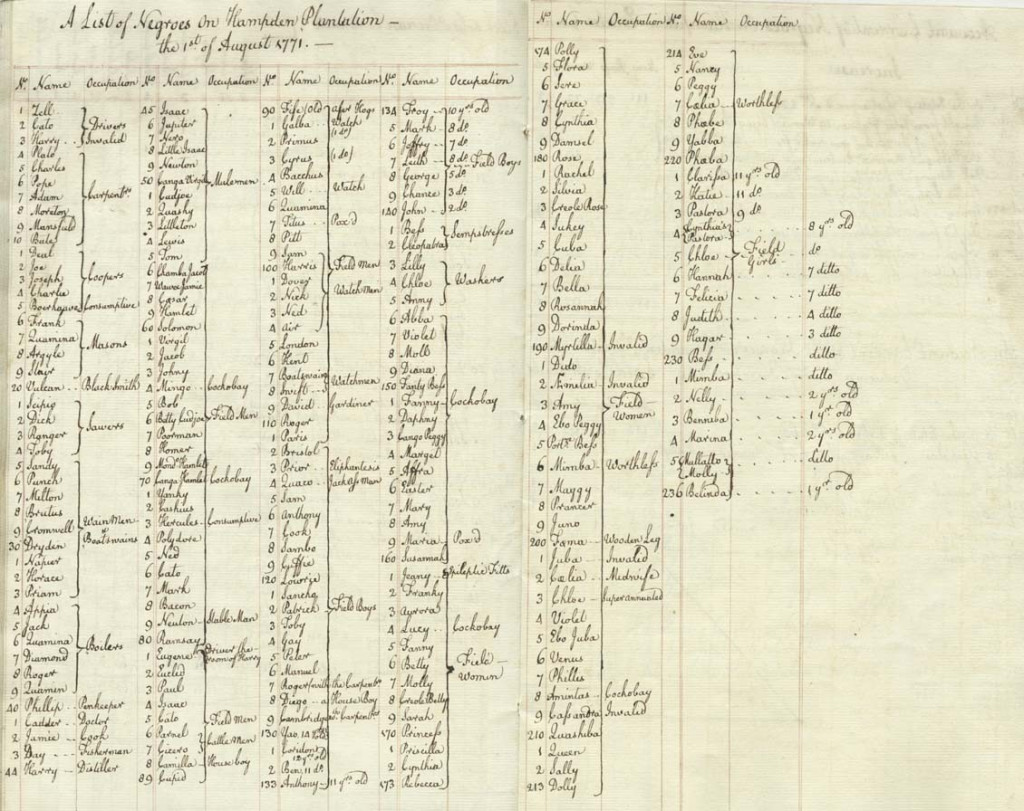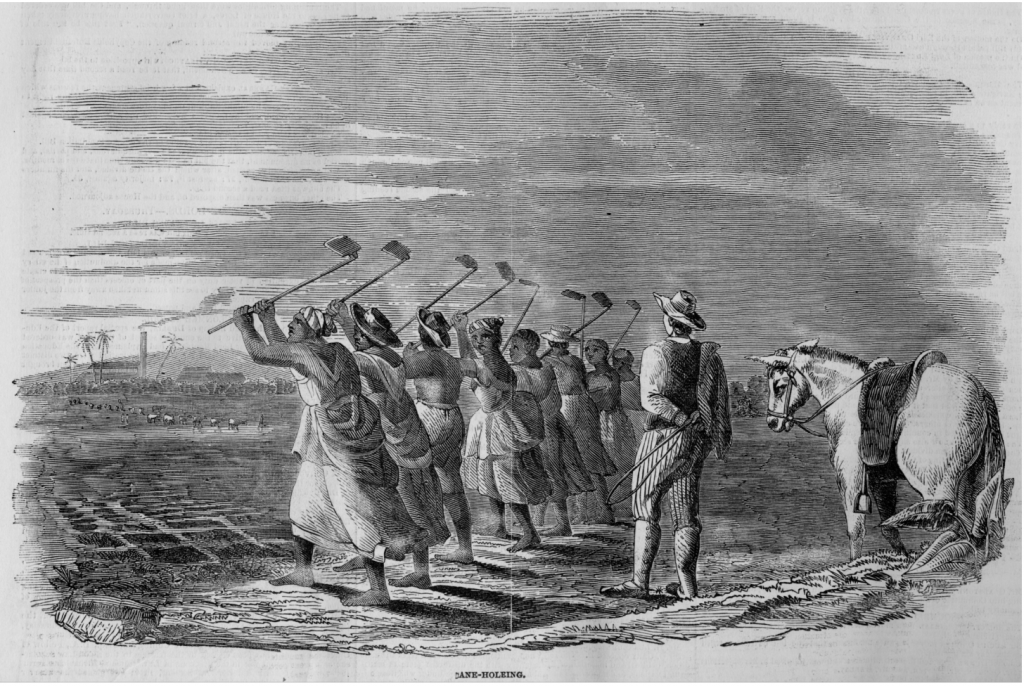‘You shall love the Lord your God with all your heart, and with all your soul and with all your mind’. These words from the Book of Deuteronomy are part of the Shema, the daily confession of faith in the Jewish tradition, expressing absolute devotion to God. This is what Jesus naturally turns to when he is challenged to say which commandment is the greatest in Jewish law, but he also goes to the more obscure priestly handbook, Leviticus for a second commandment, ‘You shall love your neighbour as yourself’. If we love God and put God first, that love will flow into our relationships with all others.
We are approaching the Season of Remembrance. Next Sunday we will celebrate All Saints and also, in the evening, remember and give thanks for those we have loved and lost. The following Sunday we will commemorate those who were killed in the two World Wars and all victims of armed conflict and also this year, all those who have died in service of others. We remember, not to dwell in the past, but in order to learn from it and to be inspired to work to build relationships of peace and justice in our world, starting right here in our own community. Today, inspired by the work of older pupils at St Mary’s School, we are going to have a look at our own past as a church in light of the two commandments at the heart of our faith. But first, let’s prepare ourselves for worship by reflecting on the new commandment given by Jesus at his last supper, to love one another as he loves us.
You are welcome to follow the words as David Sawyer plays the tune on the organ or to sing along.
A new commandment I give unto you,
that you love one another as I have loved you,
that you love one another as I have loved you.
By this shall all know you are my disciples
if you have love one for another.
By this shall all know that you are my disciples,
if you have love one for another.
A new commandment I give unto you …
You are my friends if you do what I command you.
Without my help you can do nothing …
A new commandment I give unto you …
True love is patient, not arrogant nor boastful;
love bears all things, love is eternal …
Listen to our readings for today, Leviticus 19.1-2, 15-18 read by James Humphreys and Matthew’s Gospel 22.34-46 read by Jill Wisher.
The pandemic has held a mirror up to the world and forced us in recent months to see the reality of injustices of all kinds. We have become especially aware of racism in all its guises- from people of colour dying disproportionately of the virus to the horrific murder of George Floyd in Minneapolis. Black Lives Matter protests around the world have sparked a commitment among many of us to educate ourselves about Black history so that we can have a better understanding of the roots of racism and speak out against it. Last term, the older pupils at St Mary’s School chose the Slave Trade as their topic and researched into its history. The children also wanted to look at local links with slavery so they approached me to help them. Fresh from a seminar organised by the diocese on the Church’s response to racism and armed with Bill Inglis’ history of Dunblane, I set to work. I would like to share with you what the children and I discovered and consider how we may respond to it in the light of our Gospel reading.

The founders of St Mary’s were mostly local lairds, including Archibald Stirling of Keir and John Stirling of Kippendavie. Archibald Stirling’s grandfather, Sir James Stirling, 13th Laird of Keir, had 22 children and many debts. Because of this, several of his sons like many of their contemporaries, went to the West Indies to make their fortunes as traders. James the younger and his brother Robert became owners of a number of sugar plantations in Jamaica,. Their nephew, our Archibald, inherited these estates in 1783 when he was a young man and spent 20 years in Jamaica. In 1833, he was awarded compensation of over £12,000 for the emancipation of his enslaved labour-force – over a thousand men women and children. Archibald, who died in 1847 was involved in the planning and early development of St Mary’s. His son and heir William paid for the original rectory.
John Stirling of Kippendavie was the main benefactor of St Mary’s. He gifted the land and provided much of the £1,800 for the building of the church in 1845. He also paid for the building of the school to educate the children of the poor in Dunblane and supported many other local improvements. The money he used for these projects, however, derived from the fortune of over £146,000 he had inherited from his father, John Stirling the elder, who like the Stirlings of Keir had owned lucrative sugar plantations in Jamaica.
We are greatly indebted to these two men. Without them there probably wouldn’t have been a Scottish Episcopal Church in Dunblane and our much-loved building would certainly not have existed. But how do we respond to the fact that the wealth that they used to establish our church derives from an industry powered by the human misery of thousands of enslaved African men, women and children? In the Stirlings of Keir Archive are the annual financial accounts from their Hampden Plantation which record the revenue received from exporting sugar and rum and also lists the slaves owned by the estate. These documents give us a rare insight into the lives of these people brought over from west Africa in order to produce huge wealth for their masters.

Most infants born on the plantation didn’t survive but those who did would start working in the fields from the age of four or five weeding the sugar cane and collecting fodder for livestock. From their late teens to their early thirties, men and women would often work twelve-hour shifts six days a week, digging, planting, weeding, harvesting, grinding and boiling the sugar cane in scorching heat. Overseers used whips to violently force them to work as hard as possible. Living in a dangerous and disease-ridden environment on meagre rations of salt fish and meal, few survived into their fifties. They were literally worked to the grave and any sign of rebellion was met with a brutal response.

How do we respond to this? If we turn to today’s Gospel, the answer is clear. I invite you now and in the weeks and months ahead to think deeply and pray about your own response and what you think we as a church should do. The following prayers points may help to guide and inspire you.
Heavenly Father, you call us to love you with all our hearts, with all our soul and with all our mind, and to love our neighbours as ourselves.
It is not possible for us to undo the wrongs of the past but we can learn lessons from our history and respond to injustice and violence of all kinds in our world today:
• the fact that 12.3 million people are living in slavery today, forced to work for little or no pay, some of them in our own towns and cities.
• the fact that due to the legacy of slavery, the face of a person in poverty usually belongs to a black person.
• the fact that the ideology of racism used to justify the enslavement of African people is still seen in aspects of modern day racism.
Give us the courage to challenge our own thinking and that of others.
Inspire us to speak out and act where we see an injustice.
Help us to reach out with compassion to all those who are suffering.
You may wish to finish your time of prayer by reflecting on Richard Gillard’s hymn as David plays the tune.
Brother, sister, let me serve you,
let me be as Christ to you;
pray that I may have the grace to
let you be my servant too.
We are pilgrims on a journey
and companions on the road;
we are here to help each other
walk the mile and bear the load.
I will hold the Christ-light for you
in the night-time of your fear;
I will hold my hand out to you,
speak the peace you long to hear.
I will weep when you are weeping;
when you laugh I’ll laugh with you;
I will share your joy and sorrow
till we’ve seen this journey through.
When we sing to God in heaven
we shall find such harmony,
born of all we’ve known together
of Christ’s love and agony.
Brother, sister, let me serve you,
let me be as Christ to you;
pray that I may have the grace to
let you be my servant too.






